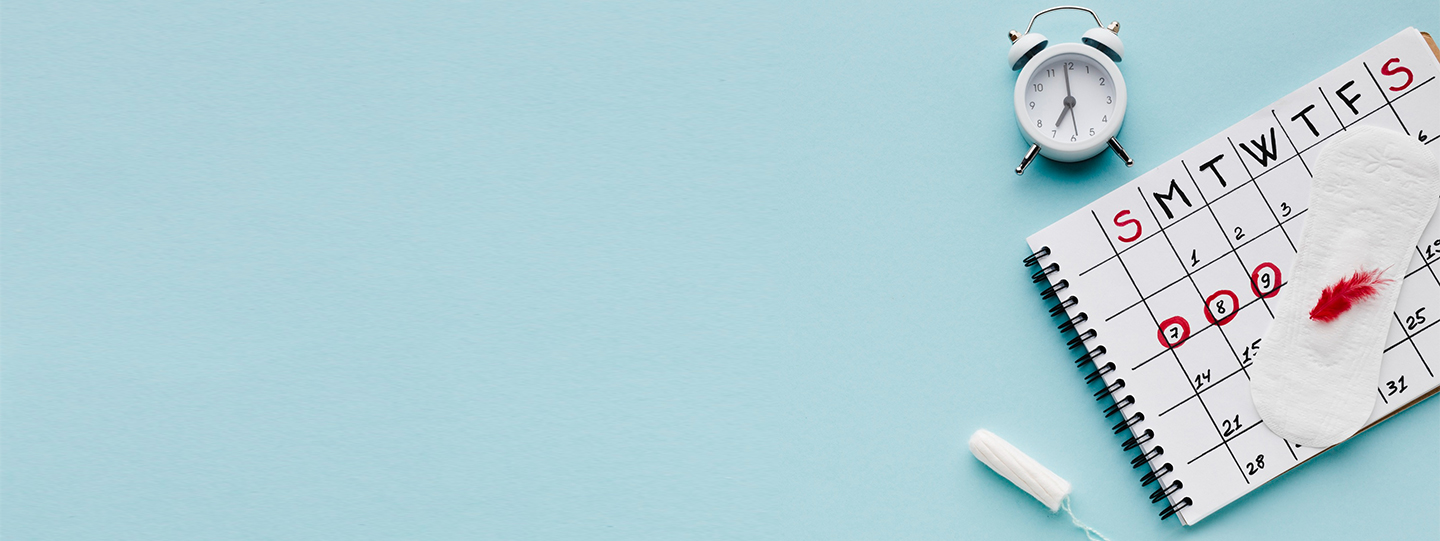

The resumption of menstruation in women after childbirth is a normal occurrence that many women expect. Some aspects indicate when this happens and breastfeeding remains one of the strong indicators. This is because prolactin, the post-natal hormone that enhances milk production, inhibits ovulation which prolongs the consecutive regular menstrual cycles. For non-lactating mothers, the cycle may resume to the above in under six to eight weeks though it may vary from one woman to the other. If there is heavy bleeding, severe pain beyond what is normal, or other things like that, it is advisable to seek medical help.
You need to differentiate between lochia and your period because they are two different things and they present differently. Lochia is the brownish vaginal discharge that comes out following childbirth; this is as a result of the shedding of the endometrium layer. Generally, it becomes lighter over about six weeks. After lochia has ceased, one may start the monthly period.
Several factors influence when your period will return:
Menstruation after delivery may not be similar to your menstrual period before pregnancy, especially the first one. Here's what you might experience:
While it's normal for the postpartum period to involve adjustments, certain signs warrant medical attention: While it's normal for the postpartum period to involve adjustments, certain signs warrant medical attention:
Menses is a natural occurrence after childbirth and the period of time from it is a critical period for a woman, which may be not simple to orient herself in. Just to remind all of you, all women’s experiences are unique. Allow your physique to heal and get utilized to the changes that are being made. It is advisable not to hesitate to consult your healthcare provider in case of any questions or issues.
Q1. When will my period return after childbirth?
A: The timing of your first period varies widely among women. Breastfeeding can significantly delay the return of your period due to hormonal changes. Non-breastfeeding women typically resume their periods within 6-8 weeks, but this can also vary.
Q2. What factors affect the timing of my first postpartum period?
A: Several factors influence when your period returns, including breastfeeding, individual hormonal balance, and overall health.
Q3. Can I get pregnant before my period returns?
A: Yes, it's possible to get pregnant before your period returns, even if you're breastfeeding. It's essential to use contraception if you don't want to get pregnant.
Q4. What can I expect from my first period after delivery?
A: Your first period may be heavier, longer, and more irregular than your pre-pregnancy periods. Over time, your menstrual cycle should be regulated.
Q5. Are there long-term changes to my period after delivery?
A: For most women, periods eventually return to a normal pattern. However, some women may experience lasting changes in flow, duration, or cycle length.
Q6. When should I contact my doctor about postpartum bleeding or periods?
A: Contact your doctor if you experience excessive bleeding (soaking a pad in an hour or less), severe pain or cramps, foul-smelling discharge, or if your period doesn't return within a reasonable timeframe (considering breastfeeding status).
Q7. How long does lochia last?
A: Lochia, the postpartum bleeding, typically lasts about six weeks.
Q8. Are period cramps worse after childbirth?
A: Some women experience more intense cramps after giving birth. If the pain is severe or unusual, consult your doctor.
